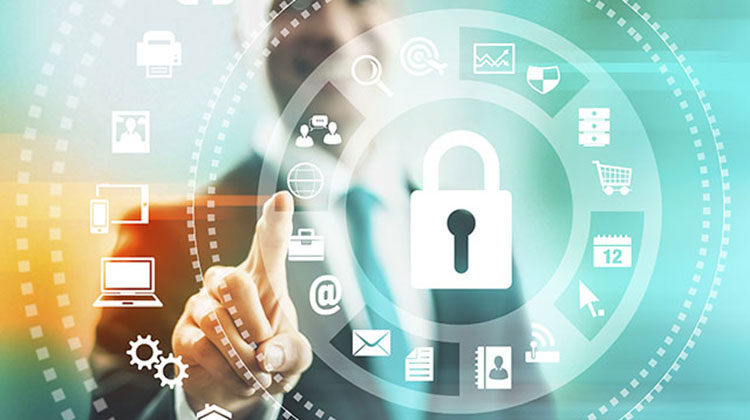Whether you deal with selling items or services online or in a store, there are risks when it comes to your customer’s personal information. Even the POS cash register systems that many retail chains use are subject to hackers since they work over the internet, and without the proper protection these hackers can walk away with more than just people’s credit card numbers.
As you can see, there are many levels at which a business needs to work to protect their customers and their information. So, how do you do it? [Read more…]



